Unconditional Compassion: The Crux of Shantideva’s Interpretation of Karma Theory
Editors Note: This editorial is an op-ed of the authors. Karma can be a difficult concept. As pointed out in this op-ed, karma is not a simple cause-effect formula or a matter of “justice.” Justice and karma are not the same thing, as eloquently pointed out by the authors.
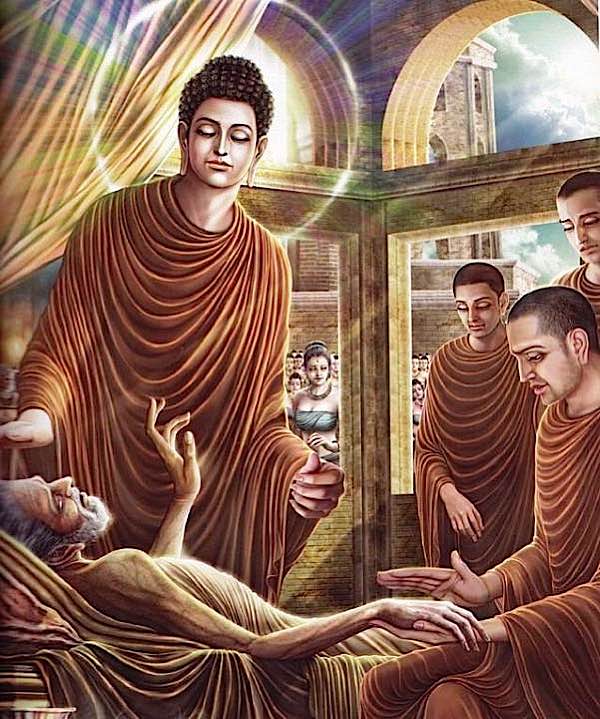
By Payal Seth and Tanzin Dakpa
It All Began With A Dilemma
An understanding of the working of karmas leads us to many different conclusions. It could lead us to realize that any suffering we face in life is the consequence of our actions. Extending this logic, we also realize that our future is based on the present actions, and hence we are free to carve our own destiny. Unfortunately, I have often found that the same theory is used to pronounce judgments on the present suffering state of other people.
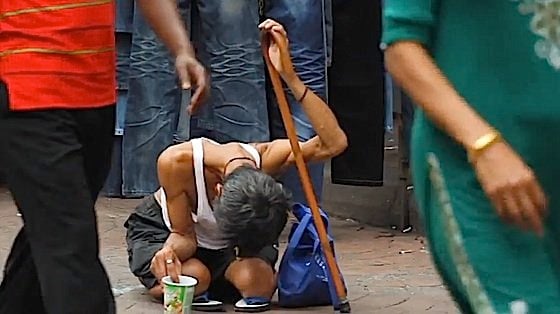
There are several instances when people have shrugged off assisting blind people or showing sympathy to the parents of a child who is suffering from autism because of karma theory. Even if the present suffering in someone else’s life results from their previous unmeritorious deeds, surely an understanding of karma theory shouldn’t give us free rein to judge and ignore them? Shouldn’t our natural response to their suffering be to assuage it by whatever means we possess, even if it is as small as a kind gesture? What would developing this kind of compassion imply for us, for our lives?
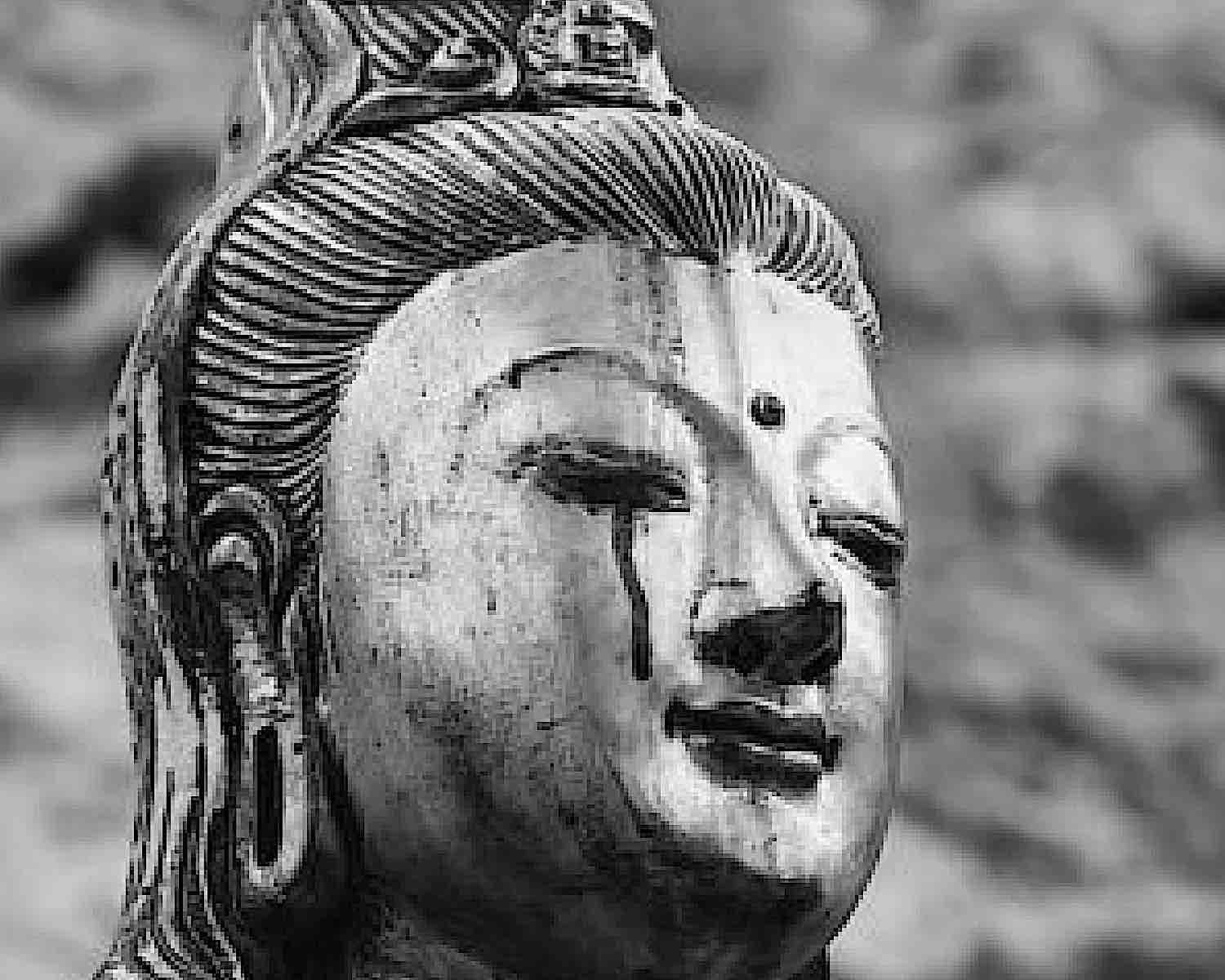
The Strength and Logic Behind Unconditional Compassion
Shantideva’s (an eighth-century Indian Buddhist philosopher) brilliant treatise, “The Way of the Bodhisattva,” helped me understand this dilemma. When Shantideva describes suffering, he keeps it free of any moral judgment. For instance, in the tenth chapter of The Way of the Bodhisattva, he dedicates his merits of the composition of this book to emptying the hells and deliverance of its inhabitants. While Shantideva wishes to save everyone (including the inhabitants of hell) from suffering, one asks, with an urgent sense of moral indignation: the inhabitants of hell are serial killers, child murderers, keepers of death camps, and other torturers, where is the justice in it?
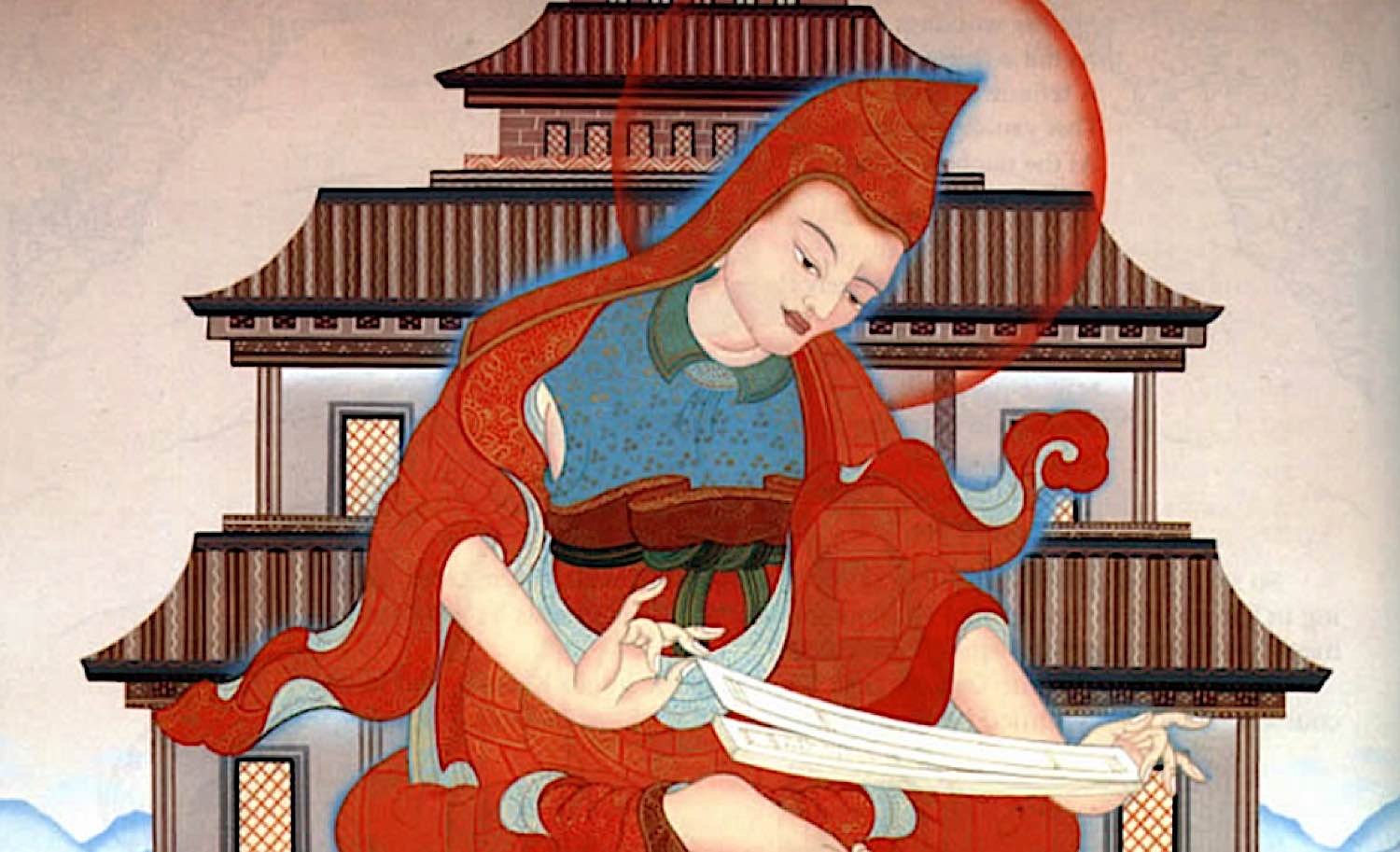
The strength of Shantideva is the impartiality of his compassion. It points to a new vision that is not grounded in right and wrong, but in compassion. Instead of dividing the universe into compartments of good and evil, Buddhism focuses on the predicament of samsara[1]. In this samsara, we have all experienced pleasant and painful experiences, that have roots in our previous actions.
Our mind, which is conditioned by ignorance, attraction, and aversion, can only respond egocentrically to situations as they arise, often classifying them as favorable or unfavorable. However, the classification of “favorable” and “unfavorable”, based on our biased perception, is fundamentally flawed as it is bound to lead to suffering in the future, and are necessarily meaningless. For instance, our “favorable” situation of falling in love becomes “unfavorable” when we undergo a break in the relationship. Hence, karma theory tells us that since the present experience is the fruit of our past actions, therefore, there can be no innocent victims.
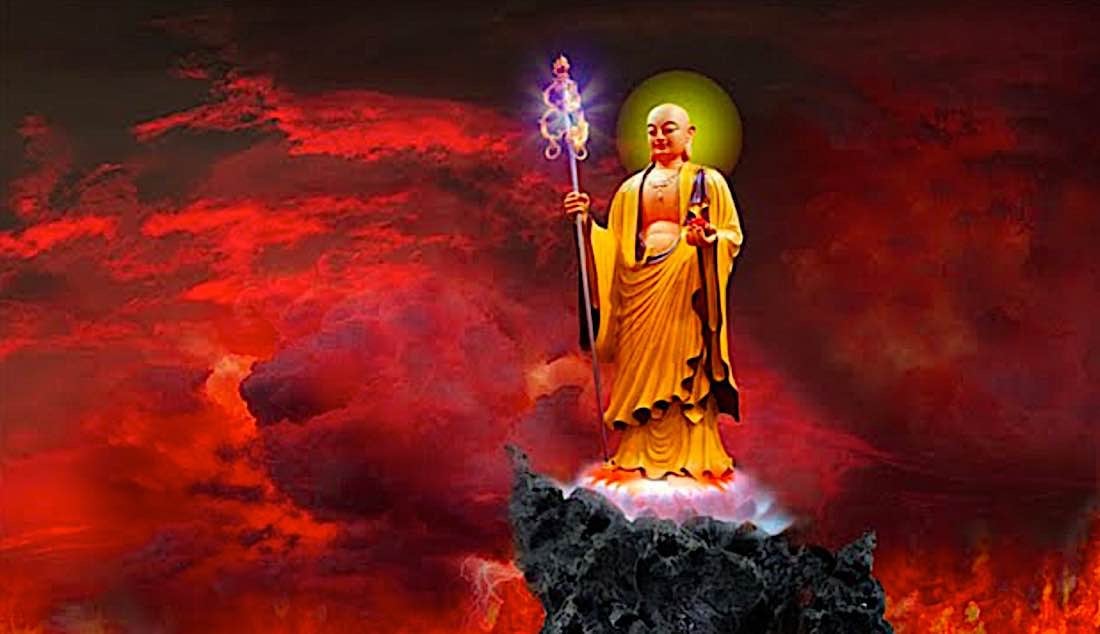
Karma is not a basis for human justice
Yet, Shantideva’s unconditional compassion draws our attention to the fact that the doctrine of karma is neither the basis of the theory of human justice nor the basis of feeling ethically superior. It would be absurd to withdraw compassion from the “guilty” and reserve it for the “worthy” i.e. the ones that we perceive to be morally innocent, simply because, as we discussed, there are no innocent victims. For Shantideva, since suffering is all-pervasive among all beings at all times, all of them are worthy of compassion. Hence, Buddhism teaches us that the object of compassion is suffering itself.

It is important to note that when we undertake spiritual practices, the concepts of “right” and “wrong” and an understanding of ethics are fundamental. But clinging to moral values in the spirit of self-righteous judgment is simply evidence of superficiality and ego-clinging and cannot be a part of Bodhisattva’s attitude. How so? The vow of Bodhisattva is to deliver beings from suffering by teaching wholesome actions and wisdom whereby samsara can be wholly transcended.
Having understood that the true implication of understanding the doctrine of karma is not self-righteous judgment but unconditional, all-encompassing compassion, how does one deepen and develop it in daily life?
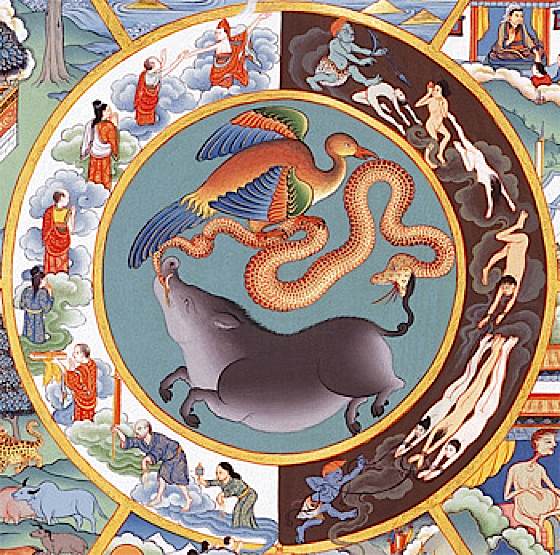
Choosing to be Unconditionally Compassionate
The Tibetan Book of Living and Dying explains this question in a positive light. Life gives us opportunities to open our hearts and be compassionate every day. A blind man asks you to help him cross the road, a woman is carrying heavy shopping bags in one hand and holding the fingers of a toddler with the other, and a girl that you passed by is sobbing hysterically in the street. Any one of these insights can open your heart to the vast amount of suffering in the world if only you choose to not brush aside the welling compassion by justifying this suffering with the logic of karmas. Learn to be vulnerable to that uprush of compassion; focus on it; let it go deeper in your heart; enhance it; and deepen it.
When we train ourselves in compassion this way, then we not just honor the suffering of others, but also realize that we are neither separate nor superior to anyone. Eventually, we begin to even develop gratitude for them as it is their suffering which is prompting us to develop compassion. After all, the beggar in shabby clothes might be a Buddha in disguise, helping us to grow in compassion and move towards Buddhahood.

Directing Compassion
The evoked compassion can be directed and nurtured through the meditative practice of Tonglen. Tonglen is the practice of taking in the suffering and pain of others and giving them our happiness, well-being, and peace of mind. It is recommended to first practice Tonglen on ourselves first, as it heals us of anger and fear, and then on others.

Self-Tonglen
To practice self-tonglen, divide yourself into two aspects A and B. A is the aspect of you that is whole, compassionate, warm, and loving, without ever judging you, whatever your faults or shortcomings. B is the aspect of you that has been hurt, feels misunderstood, bitter, who might have been unjustly treated or has suffered in relationships or been wronged by society. Now, as you breathe in, imagine that A opens his or her heart completely, and warmly and compassionately accepts and embraces all of B’s suffering and negativity and pain and hurt. Moved by this, B opens his or her heart and all pain and suffering melt away in this compassionate embrace. As you breathe out, imagine A sending out to B all his or her healing love, warmth, trust, comfort, confidence, happiness, and joy.
How to Tonglen: a short practice:
Tonglen for Others
Imagine someone to whom you feel very close, particularly someone who is suffering and in pain. As you breathe in, imagine you take in all their suffering and pain with compassion, and as you breathe out, send your warmth, healing, love, joy, and happiness streaming out to them. Now, just as in the practice of loving-kindness, gradually widen the circle of your compassion to embrace first other people whom you also feel very close to, then those whom you feel indifferent about, then those you dislike or have difficulty with, then even those you feel are actively monstrous and cruel. Allow your compassion to become universal, and to fold in its embrace all sentient beings, all beings, in fact, without any exception.
Now it might prompt one to ask, “If I focus too much on the sufferings of others, won’t I risk being overwhelmed and becoming grief-stricken myself?”
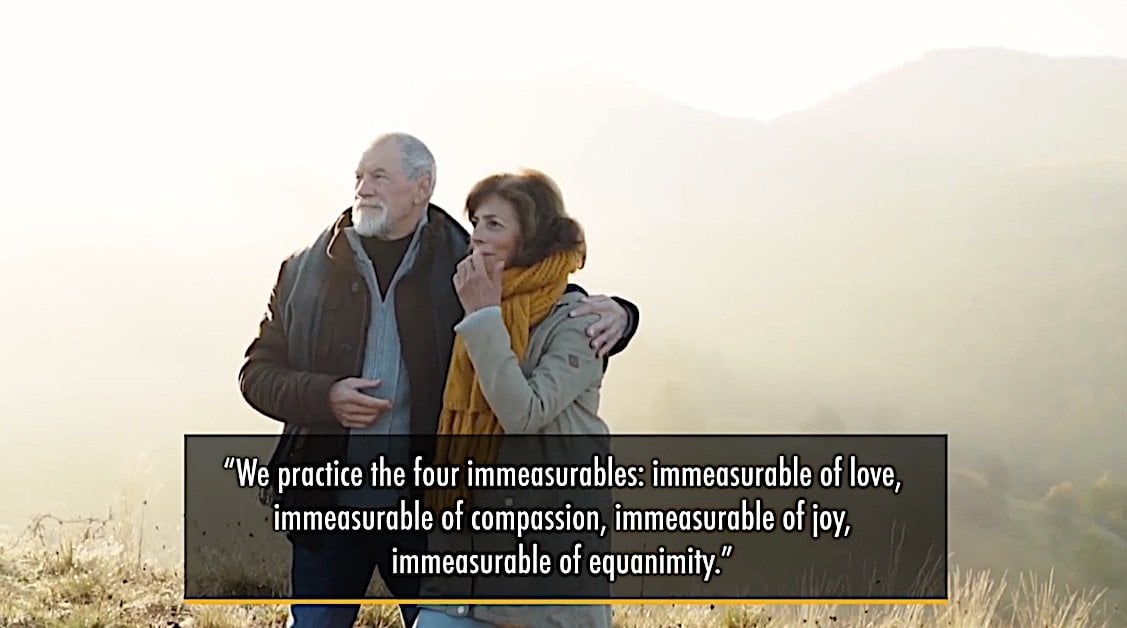
Is It Okay To Feel “Too Much” Compassion?
The thing that we need to worry about when practicing compassion and Tonglen in our daily lives is that it can harm only one thing that has been harming us the most: our self-cherishing, self-grasping ego — the root of all suffering. Practicing Tonglen as often as possible will make this ego weaker and weaker and our true compassion, will merge more strongly and effortlessly. The stronger and greater this compassion, the more fearless and confident we become. Hence, all-encompassing compassion becomes our greatest strength and protection.
The following story illustrates this point. Doctors were unable to treat or cure leprosy, which was common in the twelfth century in Tibet. One of the greatest twelfth-century masters of Tonglen in Tibet, Geshe Chekhawa, taught Tonglen to a few close disciples who taught it to a group of lepers. Tonglen cured many lepers, and the house of master Geshe Chekhawa became like a hospital.
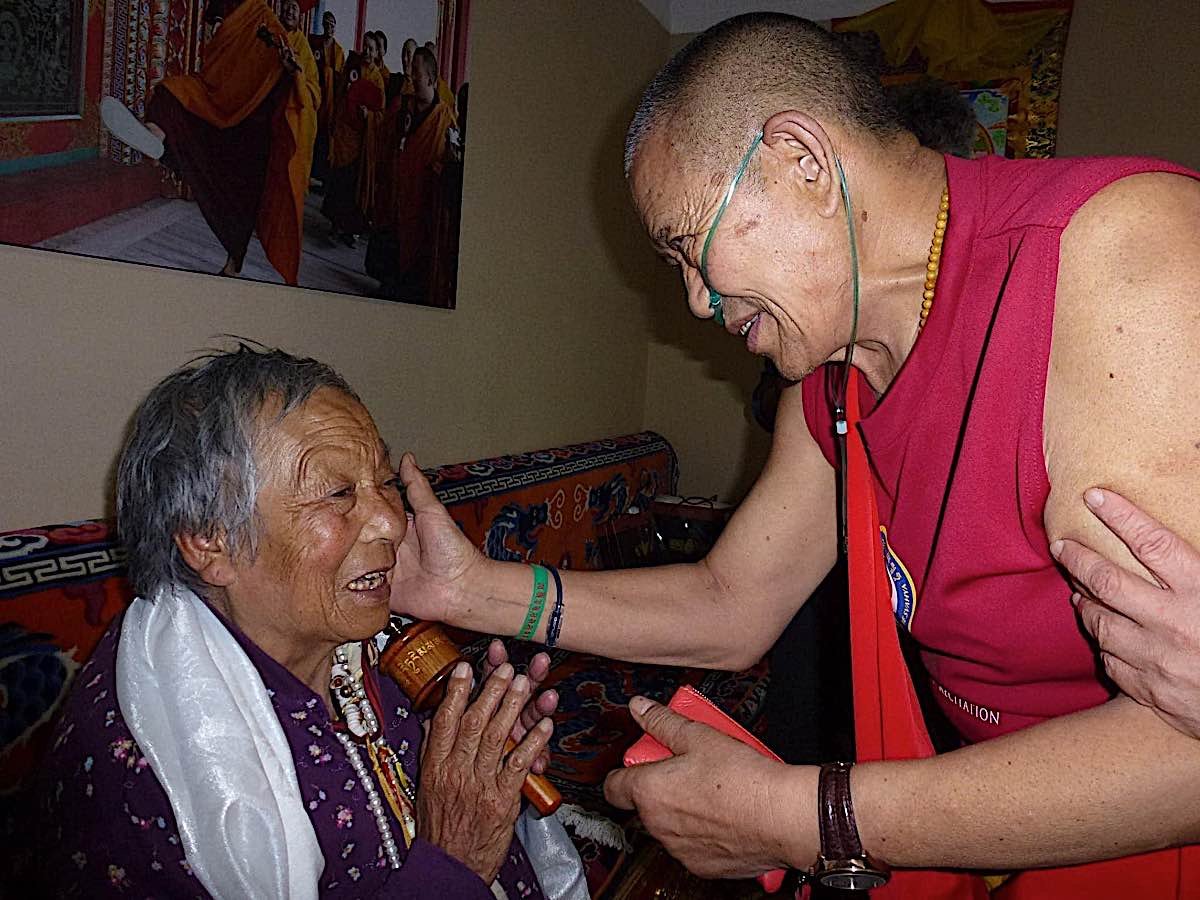
If compassion, strengthened with the practice of Tonglen, is known to cure leprosy, it could perhaps even cure us of a disease that is even more dangerous: ignorance, which life after life has hindered us from realizing our true nature of mind and achieving liberation.
Leaving aside karmas, future lives, and liberation, even within this life, selfish people always bring about negative repercussions down upon themselves. But think of people like Mahatma Gandhi, Dalai Lama, and Mother Teresa, among many others who have devoted their entire life and energy to selflessly serving others, and are always remembered for their noble work. This is the result of being compassionate towards others. If we try to be warm-hearted, kind, and genuinely concerned for the welfare of others, then that becomes the cause of genuine happiness in our present lives itself.
As the Dalai Lama often says, I hope and pray that a deeper understanding of the implication of karma theory, importance, and methods of developing compassion contributes to greater peace and happiness among all sentient beings.
References
- The Way of the Bodhisattva by Shantideva. Padmakara Translation Group.
- The Tibetan Book of Living and Dying by Sogyal Rinpoche.
More articles by this author
Search
Latest Features
Please support the "Spread the Dharma" mission as one of our heroic Dharma Supporting Members, or with a one-time donation.
Please Help Support the “Spread the Dharma” Mission!

Be a part of the noble mission as a supporting member or a patron, or a volunteer contributor of content.
The power of Dharma to help sentient beings, in part, lies in ensuring access to Buddha’s precious Dharma — the mission of Buddha Weekly. We can’t do it without you!
A non-profit association since 2007, Buddha Weekly published many feature articles, videos, and, podcasts. Please consider supporting the mission to preserve and “Spread the Dharma." Your support as either a patron or a supporting member helps defray the high costs of producing quality Dharma content. Thank you! Learn more here, or become one of our super karma heroes on Patreon.
Payal Seth Tenzin Dakpa
Author | Buddha Weekly
Payal Seth is an economist researcher at Tata-Cornell Institute, Cornell University, New York, USA. Tenzin Dakpa is a businessman in London, UK. He was formerly a Buddhist monk. You can read some of their previous features here>>
















